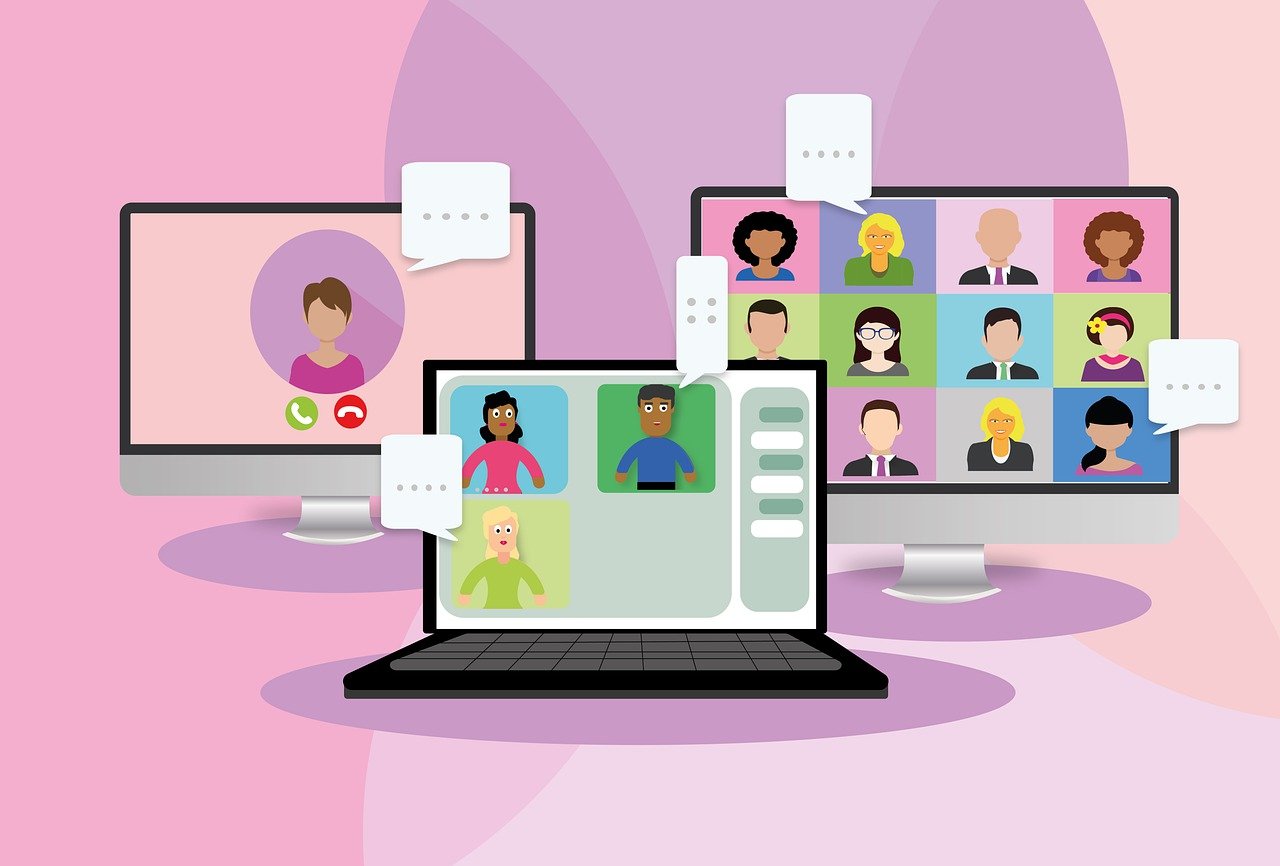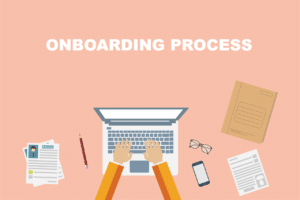On-boarding is a crucial process where new hires get to know their new employers and co-workers. It is an important first impression for new employees, and as such, it is vital to get the process right. On-boarding should always be tailored to the new hire and should include all the information, structure, and training an employee needs to get off on the right foot.
On-boarding can often eat into a busy manager’s already hectic schedule. Regardless, it is important not to rush this crucial first stage of the employee-employer relationship. There are plenty of ways to save time in on-boarding without compromising the quality of the process.
Begin The Process Before Their Start Date
Any on-boarding process should begin well before the new hire sets foot in the door on their first day. Getting everything ready the week before they start can save you time and ensure that everything goes smoothly. The last thing you want is your new hire to be kicking their heels waiting for access to the systems, paperwork, or authorisation for their email address.
Getting all the admin sorted so that employees can come in and get down to their training or job is crucial. It may help to make a checklist of all the things your employee will need on the day they start. Include essential documents like payroll forms and contracts, and ensure they have access and login information for your company system and communication platforms.
Assign A Work Buddy
Assigning a work buddy for your new hires is a great way to help them navigate the tricky first weeks in your business. We all know how nerve-wracking starting a new role can be, and having someone to turn to for questions, help and advice can be invaluable.
A work buddy is different to a mentor in that they will not primarily be helping them with their work. Instead, they will be helping them with the practicalities of starting in a new business, answering questions on how to use your system and signposting them to other resources in the company.
Create A First Week Itinerary
Crafting an itinerary can be a great way to ensure that you and your new starter know precisely where they need to be throughout their first week. This can help reduce the number of questions you’ll have to field and ensure that the new starter only brings questions to you that are relevant and essential.
Develop A Customisable On-Boarding Process
Creating an on-boarding process is a great way to cut back on the amount of time spent on-boarding overall. You should develop a plan of how you want on-boarding to work within your organisation. Create a framework to follow for each new hire, but ensure that you customise this process for each individual employee.
Creating an overarching framework will cut down on time spent preparing for on-boarding, but it is still crucial to ensure you make the process personal and relevant to the specific new starter.
Give Peer-To-Peer Training
As a manager, you will need to kick start the on-boarding process, but you do not necessarily need to be there for the whole thing. Peer-to-peer training can be a great way to introduce an employee to how things work in the business and free up your valuable time. You should choose an experienced and highly competent employee to provide peer-to-peer training. It may help to choose various employees so that the new starter can see how different people work within the organisation.
Make Their First Day Relaxed
First days can be intimidating, and there is a lot to learn and absorb. It is best to make the first day for a new employee as relaxed as possible. Give them a tour of the building and ease them into their work and what is expected of them. The more positive the first day is, the better the new hire will adapt to working within your business. This will have a knock-on effect, making the remainder of the on-boarding process easier for busy managers.
Offer Quality Training
Almost all on-boarding processes involve training of some kind. Even if the new hire is experienced in their role, training should be provided in your company values, processes and systems to ensure they get off to an excellent start.
Choose a quality learning management system that can help take the pressure off you and allow the new starter to complete training independently. This enterprise learning management system from the experts at imc is an excellent example of how an integration of LMS and LXP can be the perfect solution for training new and current staff.
Include Time Spent Shadowing
Scheduling time for new starters to shadow other employees can be an excellent way to show new employees how your business works. It is a good idea to have them shadow members of various departments for a short time to see how the different departments interact with one another and how the business operates as a whole. You should also give them longer to spend shadowing someone working in their role so that they can get an idea of the type of work they will encounter and what will be expected of them.
Ask For Feedback
Whenever you complete an on-boarding process, it is a good idea to ask the employee for feedback. Initial feedback can be helpful for you to adjust and improve the process, but you should also ask for feedback after a week and again after a month. This will give the new starter time to settle into the business and consider ways that the on-boarding process could have been better. This will help save you time in the future and ensure your on-boarding process is as good as it can be.
Schedule Time For Interpersonal Connections
Interpersonal connections are vital to promoting collaboration, teamwork, and communication across multiple departments. It is a good idea to ensure that the new starter has time to spend with people from various departments and the chance to get to know them.
This could be in the workplace or outside of it. For instance, you could host a coffee morning during a new starter’s first week, giving all your employees time to mingle and chat. You could also consider treating your team to a company lunch off-premises to give employees a chance to get to know each other outside of work.
Let New Hires Know What To Expect
Before a new hire sets food through your office door, you should let them know what to expect. This will reduce the number of questions a new starter is likely to have and reassure them about what to expect. As mentioned above, it is a good idea to have an itinerary for their first days in your business, so you can send this to them before they begin.
Set Simple Short-Term Goals
Setting goals is an important way to monitor your new starter’s progress. You could set a new hire a goal for their first day, first week, and first month. Naturally, these goals should be achievable in the time they have available and take into account their inexperience with your business. Having a goal to work towards can help a new employee feel more comfortable and integrated into the business straight away.
Bio – An avid sports lover and creative writer, Jodie loves nothing more than sharing her insight into her favourite topics. As well as rugby and football, Jodie also enjoys writing about business and translating complicated corporate jargon into digestible and insightful content.













































